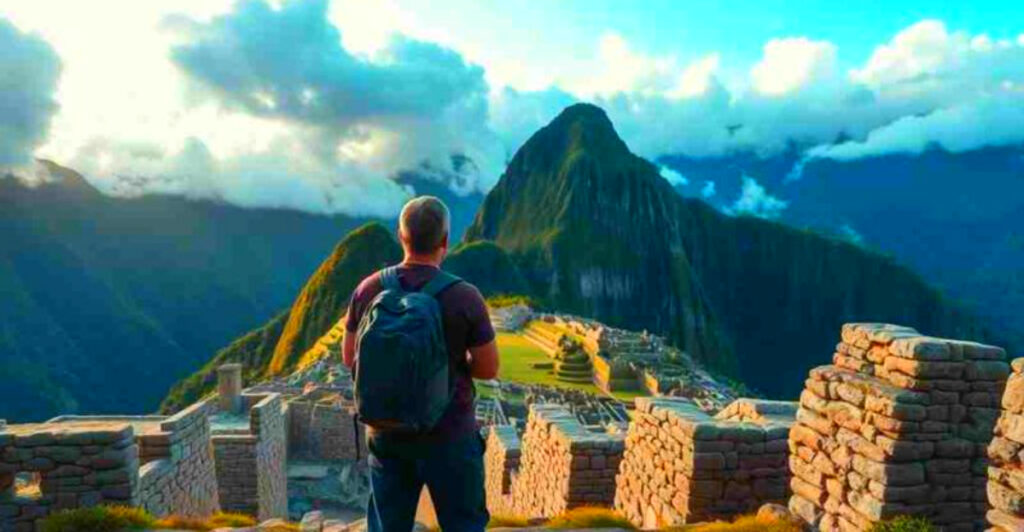Solo travel gets painted as this amazing adventure where you discover yourself while exploring the world. Social media shows smiling faces in front of beautiful landmarks, making it look like pure magic. But behind those perfect photos lies a different story that most travelers don’t share. Here are the real challenges that can make solo adventures tougher than expected.
1. Loneliness Hits When You Least Expect It

Picture this: you’re watching the most beautiful sunset of your life, but there’s nobody next to you to share the moment. Solo travel can feel incredibly lonely, especially during quiet evenings or special experiences.
Meeting people on the road helps, but it’s not the same as having a close friend or family member by your side. Those random conversations with strangers can’t always fill the emotional gap.
The silence in your hotel room after an exciting day can feel overwhelming. Sometimes you just want someone who knows you well to share your stories with.
2. Safety Becomes Your Constant Worry
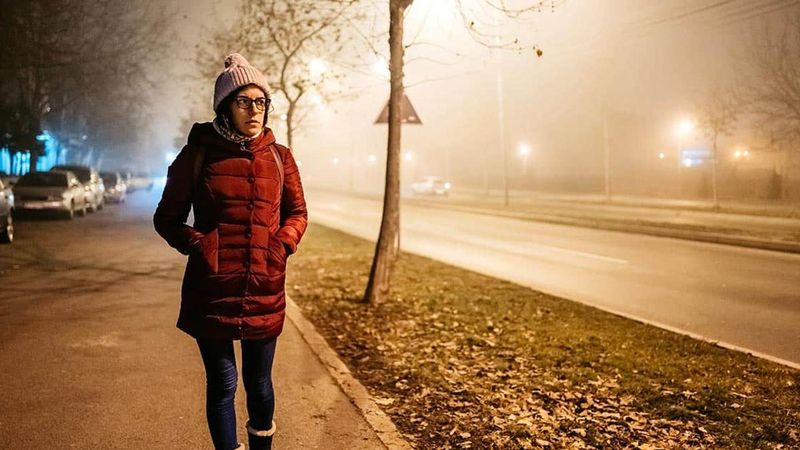
Walking alone at night feels different when you’re in an unfamiliar place with no backup plan. Solo travelers become easy targets for pickpockets, scammers, and other people with bad intentions.
You constantly need to stay alert and aware of your surroundings. Simple things like using your phone or checking a map can make you look like a vulnerable tourist.
Emergency situations become scarier when you realize there’s nobody to help you or even notice if something goes wrong. Every decision about where to go and when requires careful safety planning.
3. Your Wallet Takes a Major Hit

Hotel rooms cost the same whether one person or two people sleep in them. Car rentals, taxi rides, and even some restaurant meals charge per group rather than per person, making everything more expensive.
Group discounts and shared costs don’t exist when you’re traveling alone. That cute Airbnb designed for couples suddenly becomes an expensive splurge for just one person.
Tour packages often include dreaded single supplements that can add hundreds of dollars to your trip. Even simple things like splitting a large meal become impossible, leading to food waste and higher costs.
4. Decision Fatigue Wears You Down
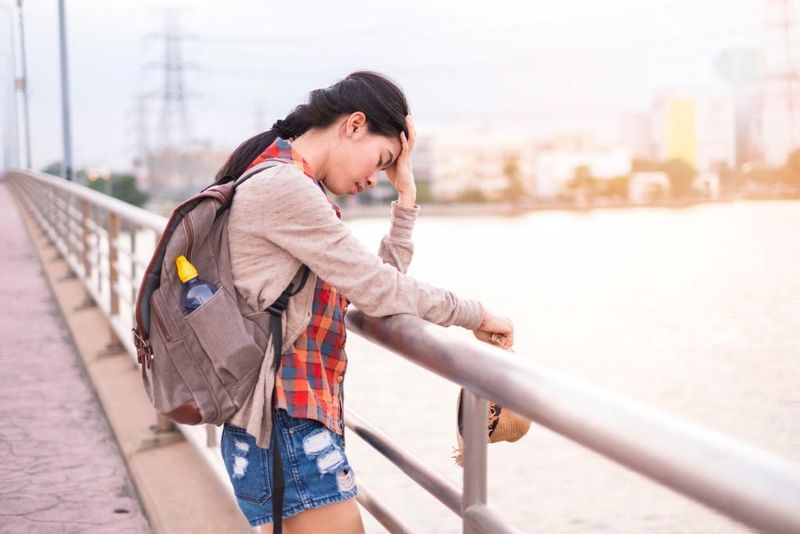
Every single choice falls on your shoulders, from picking restaurants to choosing which bus to take. After days of constant decision-making, your brain starts feeling exhausted and overwhelmed.
There’s no one to bounce ideas off or share the mental load of planning. Should you wake up early for that tour or sleep in? What if you pick the wrong restaurant and waste money?
Simple decisions that couples or friends make together become major mental challenges. By the end of the day, even choosing what to watch on Netflix feels like too much work.
5. Getting Good Photos Becomes Mission Impossible
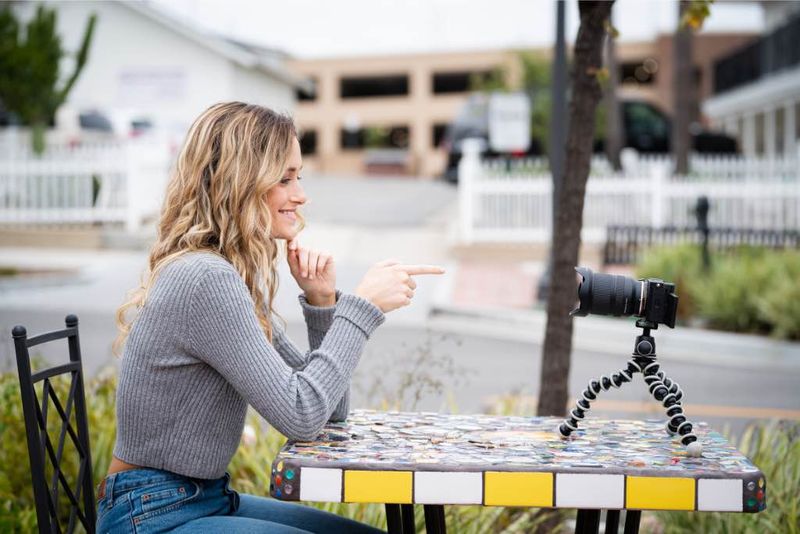
Selfie sticks only work so well, and asking strangers to take your photo often results in blurry, poorly framed shots. You might miss capturing yourself in some of the most beautiful moments of your trip.
Carrying a tripod everywhere gets heavy and awkward, especially when you’re trying to travel light. Setting up the perfect shot takes forever when you’re doing it alone.
Those magical candid moments that couples capture of each other simply don’t happen when you’re solo. You end up with hundreds of landscape photos but very few memories of yourself actually being there.
6. Dining Alone Feels Awkward and Uncomfortable
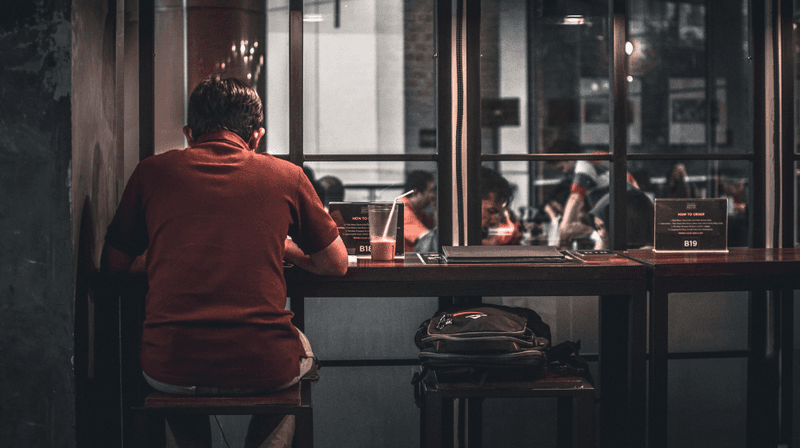
Restaurants designed for couples and groups can make solo diners feel out of place and self-conscious. Servers sometimes seem confused about where to seat the table for one.
Waiting for food gives you too much time to notice other people’s conversations and relationships. The silence at your table becomes deafening when everyone around you is laughing and chatting.
Some cultures view eating alone as unusual or even sad, leading to unwanted stares or pity from other diners. Even confident people can feel awkward sitting alone in a busy, social restaurant environment.
7. Amazing Moments Feel Incomplete Without Someone to Share
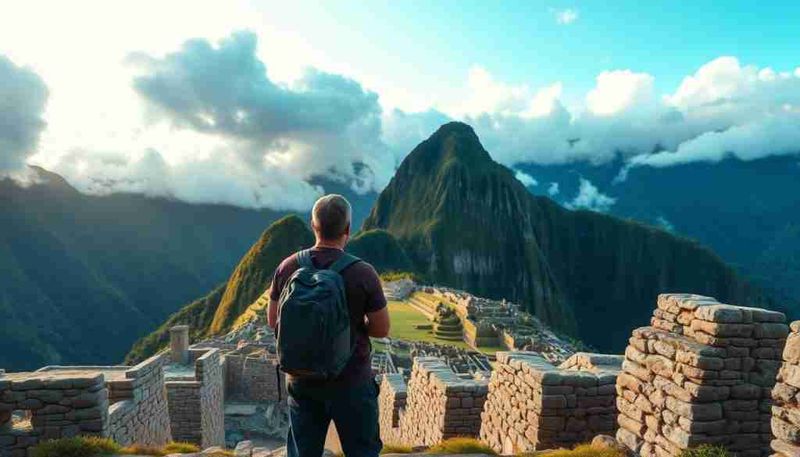
Reaching the top of a mountain or seeing the Northern Lights creates incredible emotions, but having nobody there to share your excitement can feel surprisingly empty. You want to turn to someone and say ‘Can you believe this?’
Taking photos or videos doesn’t capture the full magic of the moment. You find yourself wishing you had someone who cares about you there to experience it together.
Even discovering a hidden gem like a perfect local cafe loses some of its joy when you can’t immediately share the discovery with a friend or partner.
8. Homesickness Strikes Harder Than Expected
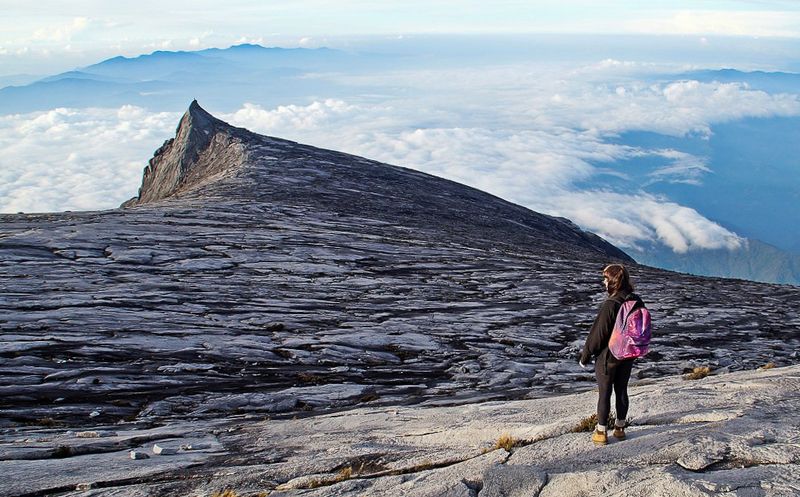
Being far from home without any familiar faces around makes missing family and friends feel much more intense. Video calls help, but they’re not the same as physical presence and comfort.
Time zone differences make staying connected with loved ones back home even more challenging. When you need emotional support most, everyone you care about might be sleeping.
Small things that remind you of home can trigger unexpected waves of sadness. You realize how much you depend on your support system when it’s thousands of miles away.
9. Simple Tasks Become Complicated Challenges
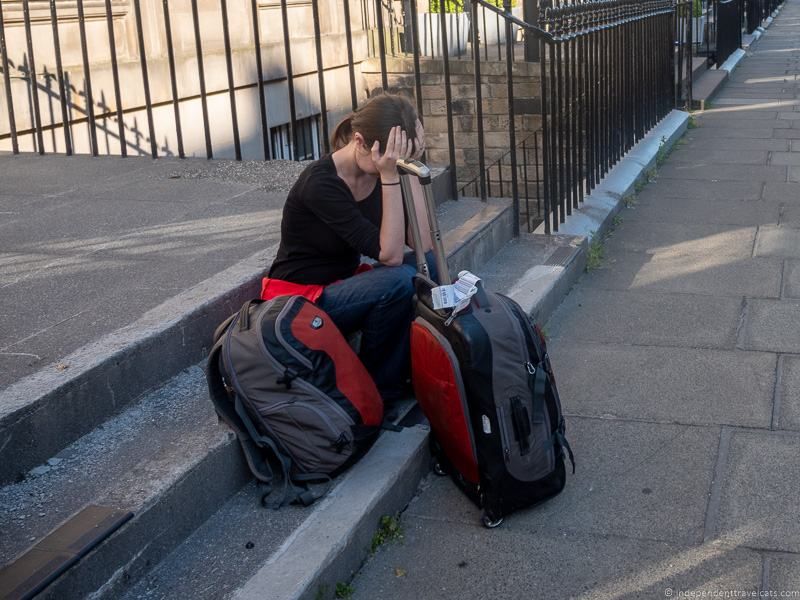
Carrying all your luggage while trying to navigate unfamiliar train stations or airports becomes a juggling act. Nobody can watch your bags when you need to use the bathroom or buy tickets.
Getting directions while managing your belongings and staying aware of your surroundings requires multitasking skills. Simple tasks that groups handle easily become complex solo missions.
Language barriers make basic logistics even more difficult when you don’t have a travel buddy to help figure things out. Even finding the right platform or bus stop can become a stressful adventure.
10. Travel Burnout Creeps In Without Warning
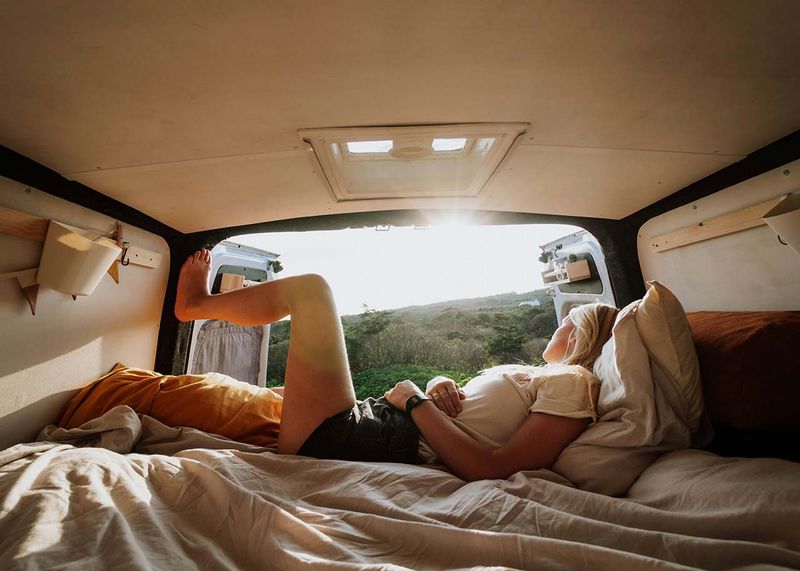
Solo travelers often feel pressure to see and do everything since they’re investing so much time and money in the trip. Without a partner to suggest taking rest days, you might push yourself too hard.
There’s nobody to tell you when you look exhausted or need to slow down. You become your own drill sergeant, scheduling activities from morning until night without proper breaks.
The constant stimulation of new places, people, and experiences can overwhelm your brain. Sometimes you need someone else to give you permission to have a lazy day and just relax in your hotel room.

